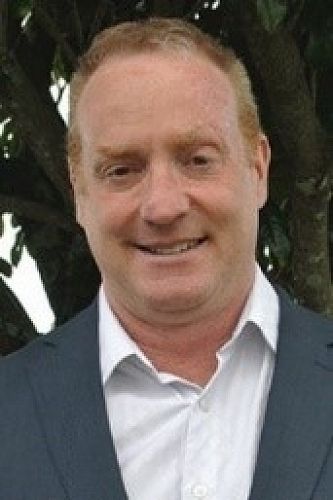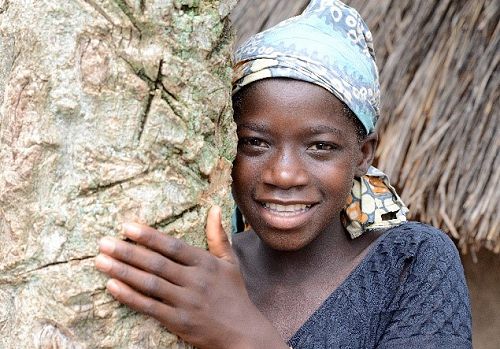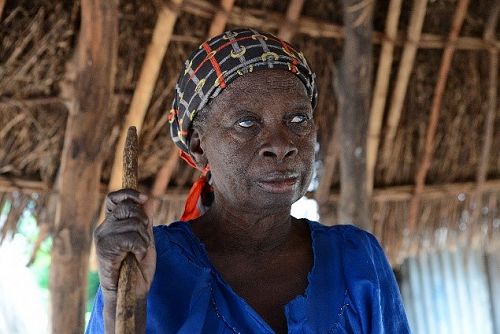
HELP Prevent River Blindness
Millions of people living in sub-Saharan Africa are affected by a debilitating Neglected Tropical Disease (NTD) called Onchocerciasis, more commonly known as River Blindness. NTDs infect more than one billion people in the world’s poorest communities. The diseases thrive in impoverished, tropical regions where there is poor sanitation, unsafe drinking water, numerous insects to spread disease and little access to health services and government support.
River Blindness is caused by the bite of black river flies that infest sub-Saharan Africa where more than 99 percent of the disease occurs. Worldwide 36 million people are blind yet 75 percent of blindness is preventable or treatable.
In Nigeria, where the disease-carrying blackfly parasite is rife, an estimated 31 million people are at risk of blindness and a variety of debilitating and disfiguring skin conditions caused by River Blindness.
The parasites bloom into hundreds of thousands of baby worms that knot up together into lumps that can be felt under the skin. Those infected rub and rip at their skin, until it becomes thick and rough. They call this Elephant Skin. Even worse is Leopard Skin, where those suffering cut deep into the affected areas with knives, hooks and sharp implements, leaving flesh scarred and mottled. The parasites eventually go for the warm, moist eyeballs, chewing through the optic nerves. Eyesight dims and fades. The blindness cannot be reversed.
Approximately 90 percent of NTDs can be treated with medicines. Pharmaceutical company Merck donates the worm-killing antibiotic Mectizan which must be administered once a year to kill the blackfly larvae. It is crucial that everyone receives their tablets on time, at least once a year. If tablets are missed, the worms in their body may become mature enough to resist Mectizan. These worms will stay in the body, causing parasites, unbearable pain and eventual blindness.
Through the generosity of cbm supporters, Mectizan antibiotics are able to be delivered by cbm-funded field workers to those at risk of being bitten by the blackfly and contracting River Blindness.
cbm, also known as Christian Blind Mission, is an international Christian development organisation, whose mission includes delivering life-changing medication, support and surgeries to those disadvantaged by poverty and disability. cbm aspires to follow the teachings of Jesus in Luke 10:27 “You shall love the Lord your God with all your heart and with all your soul and with all your strength and with all your mind, and your neighbour as yourself.” To find out more visit www.cbmnz.org.nz.
Dr Murray Sheard received his PhD in Ethics and Philosophy from the University of Auckland. He has worked in international development for over 15 years and is the Chief Executive Officer of cbm New Zealand.
Gallery



